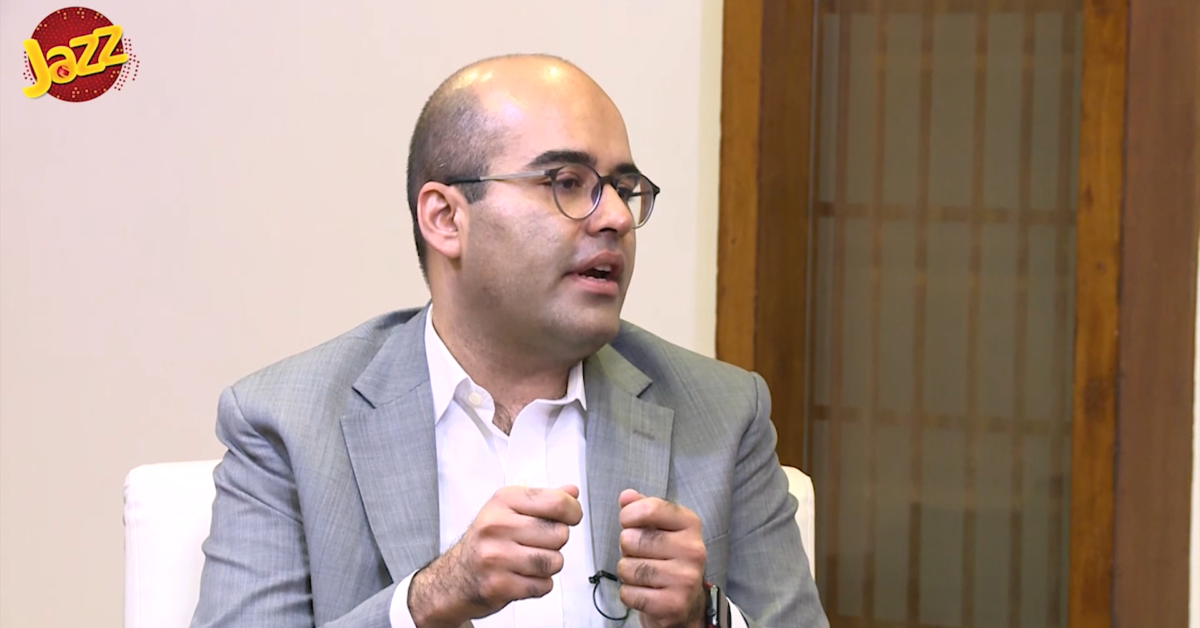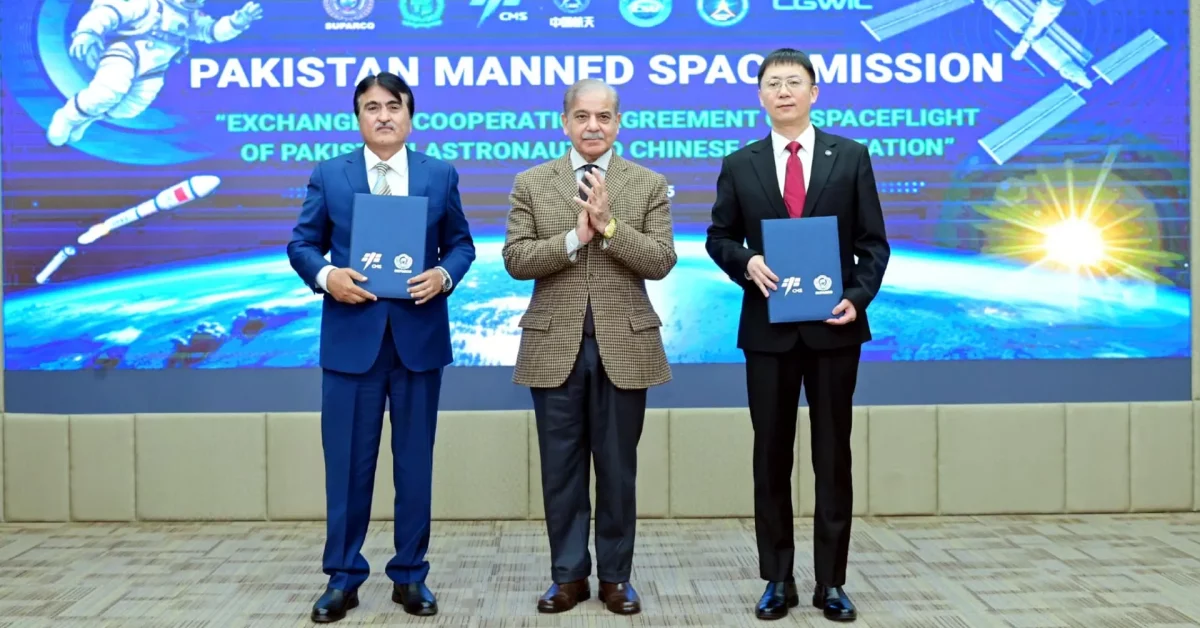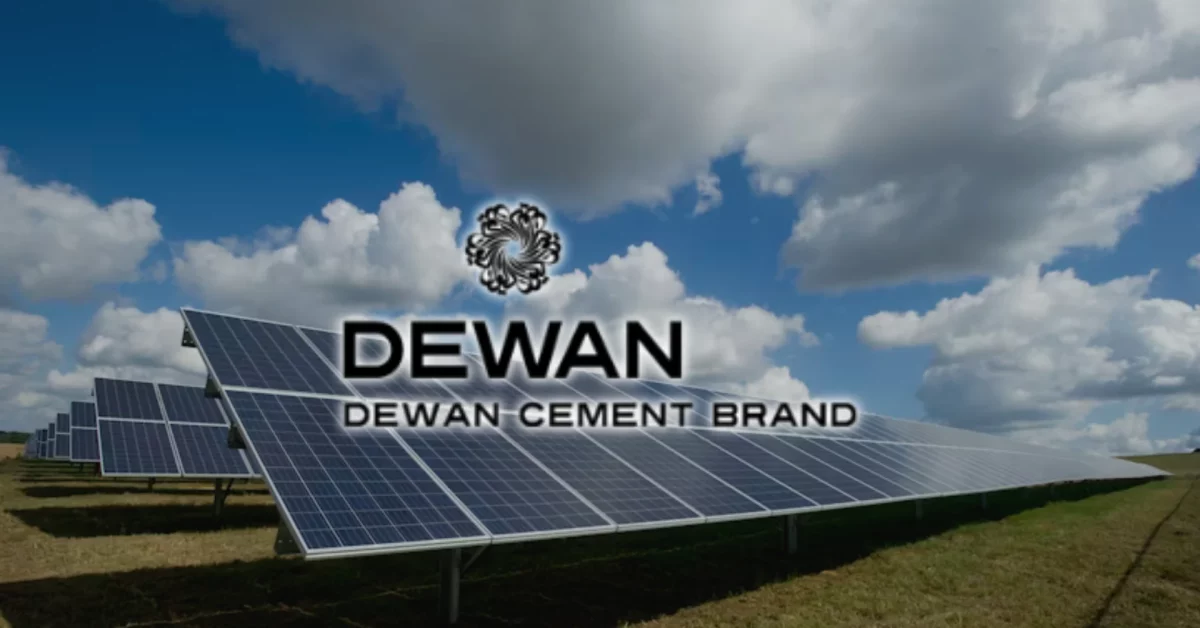
The Secret Sauce for Success I Conversations@Jazz
April 4, 2019
Leapfrogging to Digital Success | Conversations@Jazz
April 18, 2019Is Connectivity the Key to Success? | Conversations@Jazz
The private sector plays a crucial part in going Digital. In this interview, Aisha Sarwari, Head of Communications and Sustainability at Jazz, speaks to Safee Shah, General Manager Uber, who brings nearly two decades of experience in his field. Shah is a strong advocate of improving mobility and creating opportunity in Pakistan.
After working for several years in investment management in the United States and Pakistan, his career changed course when he decided he wanted to have an impact on the people and larger society of Pakistan. He did so by joining Uber and is committed to offer Pakistan safe and affordable rides so Pakistanis are empowered.
Shah highlights that Jazz has laid the foundation to lead the digital revolution in Pakistan throuch efforts such as the Accelerate to the Digital State: Digital Sectoral Workshop and hopes that it will maintain this leadership position. Hear Shah shares insights about the gaps in the digital services industry that need to be filled in Pakistan below.
Aisha Sarwari: Thank you for being with us here today. I am Aisha Sarwari and we are having Conversations@Jazz. Today, we have with us Mr. Shah from Uber. Mr. Shah thank you for attending our Digital Pakistan Conference, to talk about various sectors. So, I will start by asking what did you think of the conference?
Safee Shah: It was a very exciting conference. Lots of interesting ideas. Also, lots of relevant insights that we all need to think about going forward and I think forums and events like these are crucial for us to be able to get the relevant people in a room and talk about disruption, talk about technology and obviously talk about business.
Aisha Sarwari: So, when we talk about disruption. Uber, a couple of years ago wasn’t even a concept. I remember going to the U.S. and thought of hailing a cab after the conference and there was no concept of hailing a cab there because you have Uber now. So, how did Uber become such a disruptive force, globally and particularly in Pakistan. Because a lot of people felt thought that globally there is an infrastructure for it but in Pakistani they don’t care.
Safee Shah: There are a couple of reasons. One of the most important ones is the simplicity of the idea. In that you have vehicles available that generally don’t get used and as much as they should be. And then you have the people who need a ride. Then the second bit is there is that what are the different pieces you need to connect riders with the drivers. That is where the connectivity, which is one the points that I made on the panel today, comes into play. So, when you are able to connect those two in simple and seamless manner that’s when ideas like Uber takes off.
Aisha Sarwari: What would you say to the people who are skeptical about Pakistan being a disruptive force. To the people who say that human resource indicators are so bad. What is it that made Uber a success in Pakistan? To the people who do not believe in.
Safee Shah: I think, one was learning from outside. Places where we had success, obviously and there were places where we had many challenges as well. So, learning from our own experiences and experiences of others is one. Then, obviously being persistent, there’s a need and we have a solution for the need, let’s just make sure that we are persistent. Let’s make sure that we persevere our resilient and power through some of the challenges that we see.
Aisha Sarwari: So, what would be your idea be to have Jazz lead this thought leadership?
Safee Shah: I think you guys are already thinking along the right lines. By having these conversations by providing the platform in terms of connectivity. So, we launched in Pakistan and for us to succeed, we needed to have connectivity in terms of 3G and 4G. I think that foundation is there and very much needed to move forward. On top of the foundation, obviously having dialogue and figuring out what else needs to be done is essentially a role you guys can play. Connectivity, not just in terms of digital connectivity, but connectivity of ideas and bringing people together to really find disruptive solutions, is what you guys can think about.
Aisha Sarwari: Is there some creative thing that you are doing to digitize not just Pakistan but also the people who are outside the digital gap?
Safee Shah: That’s a great question. So, as we move more and more people from point A to point B and we create economic opportunities, inclusion is very important. The core of our business model is flexibility and ease of access. That allows everyone to essentially access the opportunity, be it women or transgenders and so on. We already see people from different parts of Pakistan, in different cities women driving from this platform which is a great start. But I think there is more that we can do. We are trying to find avenues and are very open to partnerships in terms of increasing inclusivity.
Aisha Sarwari: What have you done to make sure that Uber is safe?
Safee Shah: As more and more data information become online, protecting that becomes even more important. While, I think no technology out there is probably 100% safe because things are moving so rapidly. We are just putting tremendous amount of effort, investment and research to make sure that we are safeguarding all of these pieces’ information, privacy and so on.
Aisha Sarwari: The one that you would like to brag about to international audience about coming here and investing.
Safee Shah: I think Pakistan took us all by surprise. It is one of the fastest growing markets for Uber. And now if you look at it, it is not really a surprise because we are serving the 5th largest population globally. We seek clear opportunities in terms of gaps and challenges within the transportation space. We have a very young population that need to move and need access to opportunities. So, when you bring in that simple business model that can allow you to move so efficiently, safely and reliably that justifies and explains all the success we are have been having here. I think, if we are able to have all the success here in Pakistan so the message to all the entrepreneurs and foreign investors is to give Pakistan a fair chance and invest. But obviously, make sure that you are being sensible about your investments and decisions in Pakistan. Learning from others and we are more than happy to share our experiences. And obviously collaborate where needed, be it on business side or in the inclusivity or CSR side and on other fronts.
Aisha Sarwari: Thank you so much for being here today with us for Conversation@Jazz.
Safee Shah: Thank you.






